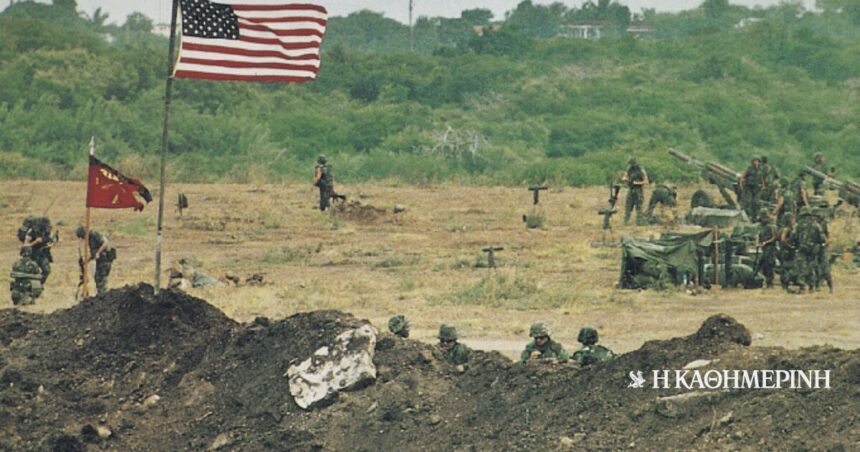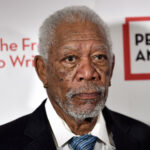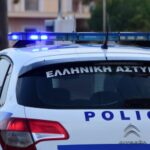Grenada, a small Caribbean island near Venezuela with a population of about 100,000, was a British colony that became an independent state in 1974. Its first leader was overthrown in a coup in 1979 by left-wing opposition leader Maurice Bishop, who broke his promise. to hold elections, suspended the operation of the constitution and sought to impose a “revolutionary democracy” on the Cuban model. Hundreds of Cuban soldiers were sent to Grenada as advisers to help with infrastructure projects and other activities. On October 13, 1983, the deputy prime minister, Bernard Cord, who was the most radical in the government, overthrew Bishop and placed him under house arrest. On October 19, a crowd of thousands freed Bishop and marched on police headquarters. Cord sent a military force, which forcibly separated Bishop and his associates from the crowd and then executed them. The ensuing situation was chaotic, as Kord himself was arrested and the army imposed martial law. The new leader of the country was the head of the army. Foreign journalists arriving at Grenada’s airport were immediately deported.
The diplomatic situation was complicated, as Grenada belonged to the British Commonwealth and Thatcher had told Reagan that she was opposed to any military operation.
A thousand American students locked up
The execution of Maurice Bishop and some of his associates shocked the leaders of most Caribbean states. The Prime Minister of Dominica, Eugenia Charles, who was the president of the Organization of Eastern Caribbean States, mobilized the organization to request the assistance of the United States in restoring order and democracy in Grenada. Apart from the attitude of the Eastern Caribbean states, the Reagan administration in the US had another reason to worry about the developments in Grenada, as about a thousand Americans were studying at a university there. Grenada authorities rejected US requests to remove the students either by air or sea.
At 2:45 a.m. on October 22, National Security Adviser Bud McFarlane woke up Secretary of State George Shultz and then President Ronald Reagan by telephone to inform them that the Organization of Eastern Caribbean States had just unanimously decided to request the emergency US intervention.
This was followed by a late-night conference call by Reagan with all relevant officials, in which military intervention was decided to rescue the Americans in Grenada.
Preparations for the operation were made in absolute secrecy, so that the Cubans in Grenada would not be able to take American hostages.
The diplomatic situation was complicated, as Grenada belonged to the British Commonwealth. British Prime Minister Margaret Thatcher telephoned Reagan on October 24, claiming ignorance of any decision of the Organization of Eastern Caribbean States – she had not been informed – and making clear her opposition to military intervention. British Foreign Secretary Geoffrey Howe, in fact, declared in the House of Commons that nothing would happen in Grenada.


Reactions to the three-day military operation
A few hours after the Thatcher-Reagan phone call, in the early morning hours of October 25, the American military intervention began. US Marines and Special Forces seized Grenada’s two airfields, which landed reinforcements bringing the total US forces on the island to 7,300. Six Eastern Caribbean nations participated in the intervention with small forces. The main part of the operation lasted three days, during which the coup plotters were captured. The American losses were 19 dead and 116 wounded, the Cubans 25 dead, 59 wounded and 638 captured, while the Grenada forces had 45 dead and 358 wounded.
During the operation, the Reagan administration assured Moscow that it would see to the safe transfer of Soviet diplomats, as well as all Cubans, to neighboring states after the end of hostilities. Inside the US, initial reactions to the intervention were negative. It was considered an imperialist move against a tiny state. The climate changed, however, when the American students arrived in the USA. The first person off the plane knelt and kissed American soil. The students denied reporters, who pressed them to say that they were not in danger. The shift in public opinion in favor of intervention immediately affected most members of Congress, who no longer wanted to appear critical.

Unrest in Cuba and Nicaragua
Thatcher and Howe were very unhappy and expressed this privately to Reagan and Schultz, who complained of British ingratitude given their unconditional support for Britain during the Falklands War in 1982. Publicly, however, the Thatcher government he supported the intervention, which caused derision against Howe in the House of Commons.
In Cuba and Nicaragua there was intense concern about US intentions. Fidel Castro had boasted in 1980 to East German leader Erich Honecker that Cuba was no longer alone in its neighborhood and that “we are already three in the periphery: Grenada, Nicaragua and Cuba.” In East Germany, a memorandum by the notorious Stasi (secret police) after the American intervention in Grenada concluded that “indications are becoming stronger regarding a potential American military intervention in Nicaragua.”

According to the memoirs of the Soviet ambassador in Washington, Anatoly Dobrynin, during the Grenada operation the Nicaraguan defense minister called the US ambassador in El Salvador and said: “Look, if you ever want to get your citizens out of here, please call me This is my private phone.” The Soviet Union dramatically increased its military aid to Cuba over the next four years. The president of Syria, Hafez Assad, also expressed concerns about any American military intervention against him. A few days before the US intervention in Grenada, Hezbollah had driven a suicide truck into a barracks of US Marines, part of the peacekeeping force in Lebanon, killing 241 people.
In November 1983, the United Nations General Assembly condemned the intervention by a vote of 108 to 9. Her decision, however, called for free elections, something the US wanted, not Cuba or the Soviet Union.
Grenada held elections in 1984. Since then the country has had a stable system of parliamentary government. October 25th is a national holiday of thanksgiving for the 1983 American intervention.
Mr. Charalambos Papasotiriou is a professor at Panteion University, president of the Scientific Council at the Institute of International Relations.
Edited by: Evanthis Chatzivasiliou




